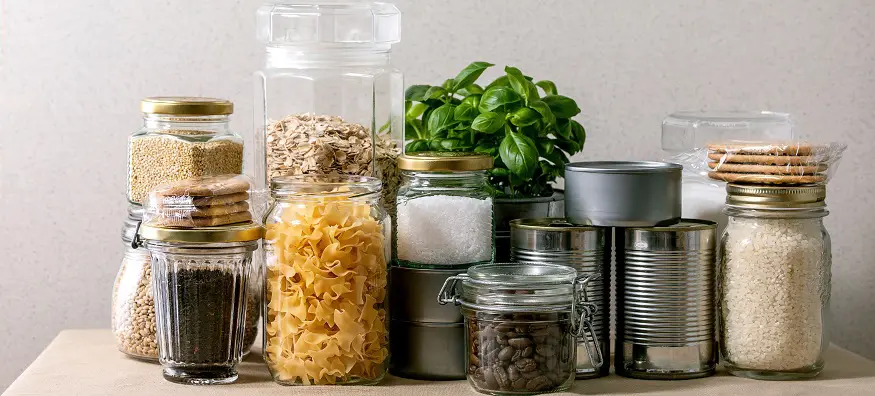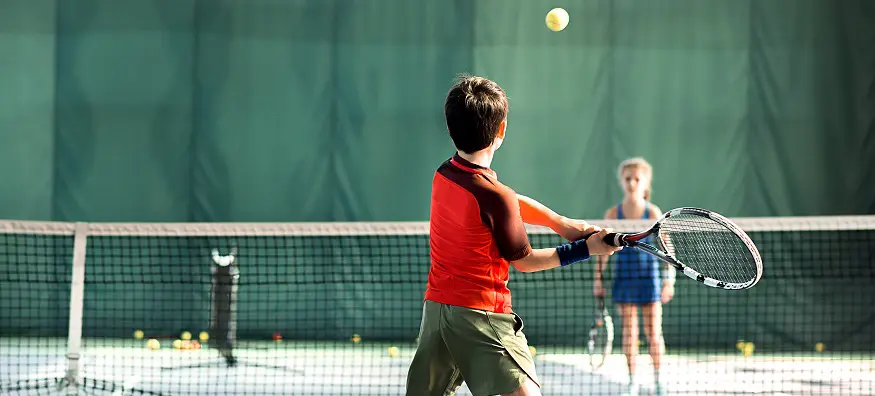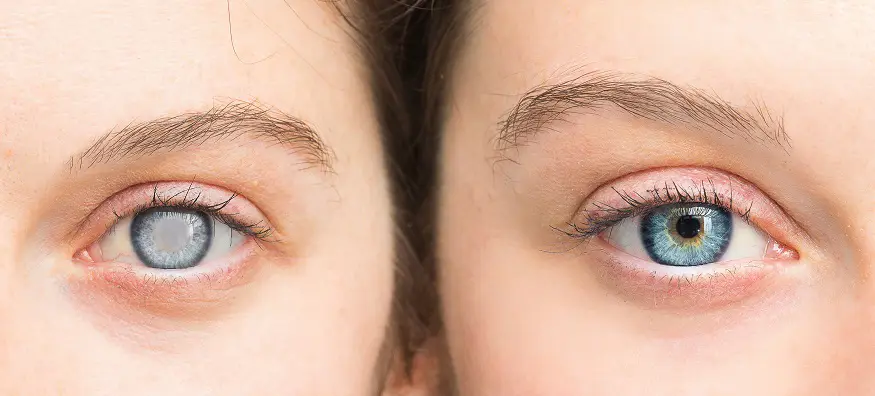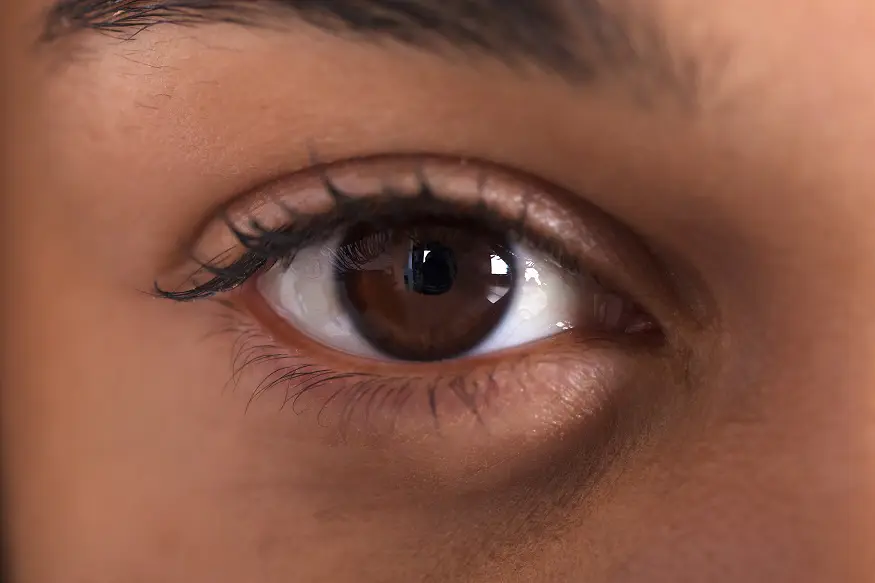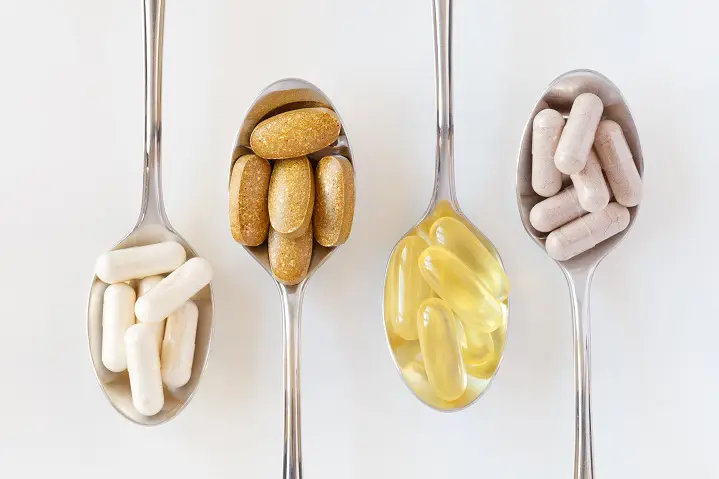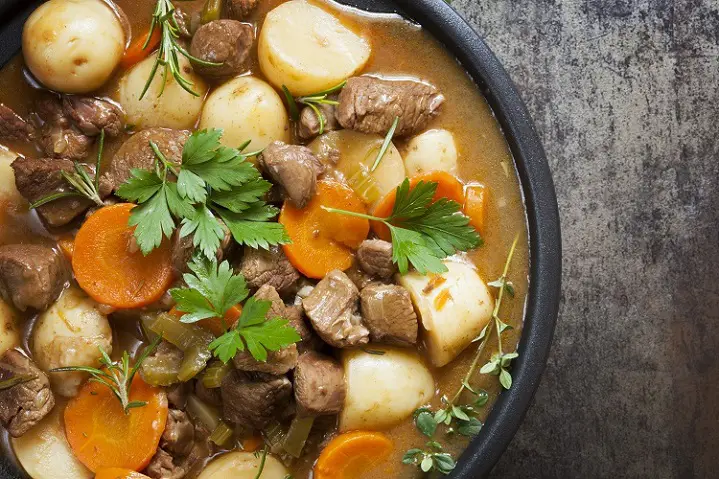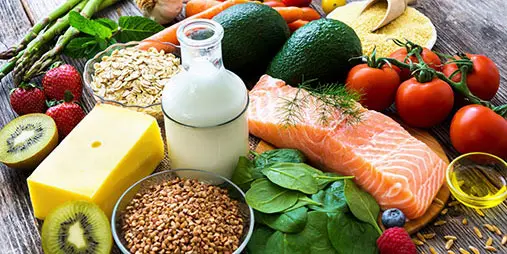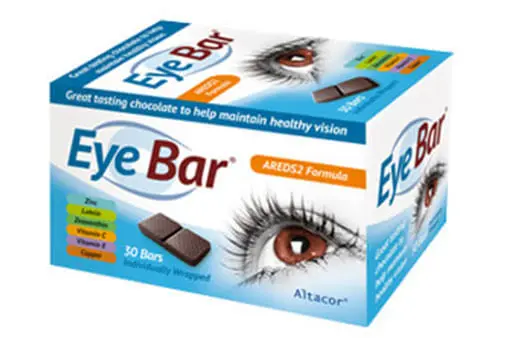One of the best things about December is the festive food. Roast dinners, cheese plates and flaming puddings are just some of the special foods traditionally eaten at Christmas. You might think there isn’t a lot of nutritional value to these indulgent foods, but there absolutely is! Fruits and vegetables aren't the only foods gracing your festive plate that are good for eye health.
Oily fish
Enjoying some smoked salmon and cream cheese as an appetiser? Oily fish is full of omega-3 fatty acids which are brilliant for your vision. Including 1-2 portions of oily fish in your diet a week can help prevent dry eye. Other oily fish that can improve your sight include mackerel, anchovies and herring, all of which could be enjoyed as a more Nordic-style Christmas breakfast.
If you’ll be enjoying a nut roast this festive season, nuts and seeds are also a brilliant way to get omega-3 fatty acids.
Carrots
Roasted carrots are one of the best additions to a roast dinner. These soft, slightly sweet veggies are also vision boosters, containing beta carotene and lutein. Both beta carotene and lutein have been proven to be very beneficial for eye health, helping to prevent age-related macular degeneration (AMD).
Leafy greens
Greens such as spinach, kale, lettuce and broccoli all contribute to better eyes. These greens contain lutein and zeaxanthin which can prevent cataracts and macular degeneration.
Cheese
The cheese board is another festive snack around December. A board filled with your favourite cheeses, crackers and slices of apple or grapes can be enjoyed in-between meals, or after dinner to aid digestion. Cheese is also a good source of vitamin A which protects the eye surface, helping to reduce the risk of age-related eye diseases like AMD.
Roast potatoes
You might not think of roast potatoes as being particularly healthy, but they are good sources of vitamin C. Sweet potato in particular will give you 200% of your recommended daily allowance of vitamin A. Butter is also high in vitamin A, so maybe opt to roast them in butter instead of goose fat or oil. Other good sources of vitamin C are Brussels sprouts.
Turkey
The star of the show on the Christmas dinner table, turkey is a very underrated food. High in protein and low in fat, turkey is also rich in B vitamins such as vitamin B6, vitamin B3 and vitamin B12. These B vitamins are good for eye health. A clinical trial on women found their risk of developing AMD was reduced by 36% when vitamin B-12 was introduced to their diets.
Although you won't find things like Christmas pudding or stuffing on this list, they should still be enjoyed for the joy and comfort they bring. Including the foods listed above to your Christmas dinner in your overall diet too will help reduce your risk of developing eye diseases and protect the eyes overall.
Visit Feel Good Contacts for all your other eye care needs. You can stock up on your contact lenses and eye drops before the holidays for the guaranteed lowest price in Ireland, thank to our Price Match Guarantee. For any other questions you may have on eye health, please visit our Eye Care Hub.




















